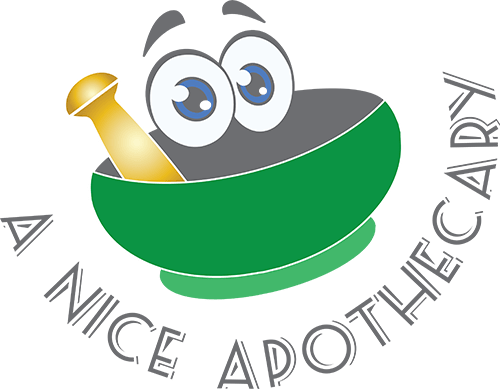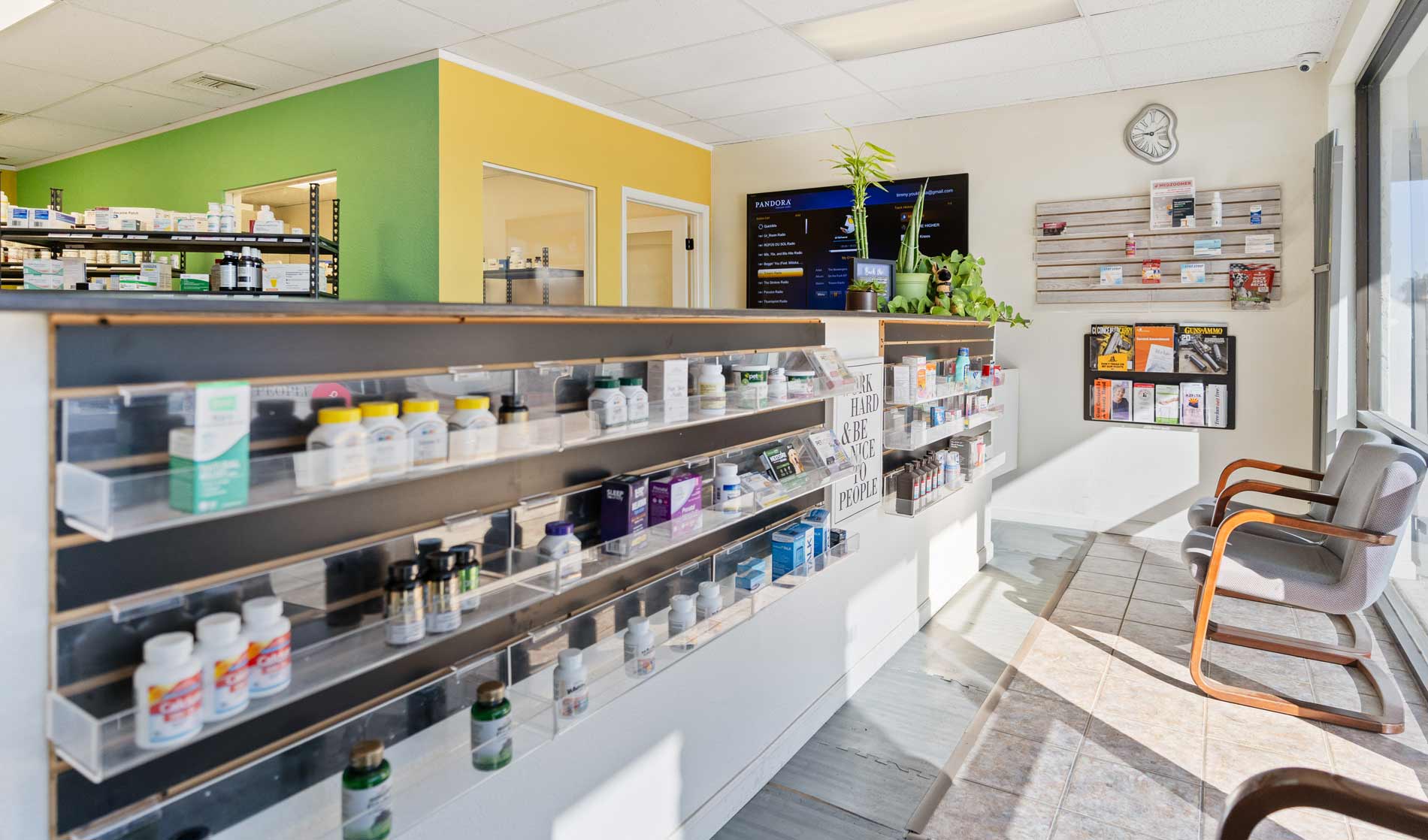
SERVICEs
Compounding
Compounding allows us to create custom medications specifically for you. Examples include dye-free, preservative-free, alcohol-free, and/or sugar-free forms of medications. To learn more about our ability to customize your meds, contact us today at 602-902-1528.
What is a Compounded Medication?
Compounding provides an innovative way for pharmacists to customize prescription medications to fit the needs of their patients. The art of compounding utilizes modern medicine while still holding to the roots of the pharmacy profession. The Alliance for Pharmacy Compounding reports that 1 to 3 percent of prescriptions in the United States are for compounded drugs.
Compounding pharmacies can produce unique dosage forms based on doctor recommendations and patient preferences or restrictions. Examples include dye-free, preservative-free, alcohol-free, or sugar-free forms of medications. Many compounds are specialized medication combinations or compounded in other forms that are not commercially available.
Your pharmacist is trained in compounding various ointments, gels, syrups, suspensions, suppositories, capsules, and other formulations that can make medications easier to take, address any particular health problems, or simply get you feeling better faster.
Compounded drugs are generally safe and effective for most patients who have talked to their doctor about their health and how compounded prescriptions can help them. Medications are compounded and dispensed to patients only after receiving a valid patient-specific prescription.
What is Considered a Compound Prescription?

Compound prescriptions are uniquely formulated medications that combine one or more active ingredients to tailor to a patient’s needs and preferences. For example, a pharmacist may formulate a prescribed compound drug to be dye-free or preservative-free, or an oral medication or topical medication may be altered to a different form to help with easier intake.
Examples of Compound Medications
Pediatric Medications
Medications can be specialty compounds made to fit the needs of children. This could be adjusting dosages, adding artificial flavoring, or changing the form of medicine to something easier to take. It’s estimated that the total number of compounded oral prescriptions dispensed for children annually is between 3.7 million and 11 million.
Allergy Sensitivities
Some patients may need adjustments made to their medications for allergies and sensitivities. Compounding medications can remove inactive ingredients that could create adverse reactions and prevent patients from safely taking medication.
Pain Management
It can be difficult to successfully manage pain brought on by chronic conditions, injuries, and illnesses. Medications can be compounded with analgesic agents that address the individual pain needs of a patient. A study of 120 pain clinicians revealed that only 27% reported frequently prescribing compounded topical pain medications.
Specialized Dosage Forms
Pharmaceutical compounding services can formulate medication to fit patients’ needs or preferences. For example, some patients who have difficulty swallowing pills or tablets may require medicine in liquid form.
Hormone Replacement
For those going through menopause or requiring testosterone replacement therapy, compound medications can be made in the form of tablets, creams, capsules, lozenges, or troches in varying doses to aid in suppressing uncomfortable symptoms. In one study from the National Institutes of Health, it was estimated that 1 million to 2.5 million US women aged 40 years or older use compounded bioidentical hormone therapy.
What Is The Difference Between Compound And Non-Compounded Prescription?
Unlike non-compounded or traditional prescription drugs, compounded prescriptions are custom-made formulations. Compounding pharmacists create these medicines with unique components catered to their patients.
How Are Compounding Pharmacies Regulated?
Compounding is regulated by the State Boards of Pharmacy in the United States. It’s not FDA-approved and was originally recognized as an important need by the Pharmacy Compounding Accreditation Board (PCAB). Because of this, the FDA doesn’t review compounded drugs for safety or effectiveness, and Federal law addresses compounding by a licensed pharmacist in a state-licensed pharmacy.

